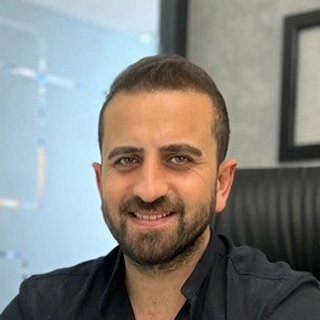Benefits
Enjoy a comfortable and engaging experience with amenities designed for relaxation, entertainment, and convenience.
Mini dental implants offer a less invasive and often more affordable solution for specific dental needs, primarily for stabilizing loose dentures. Choosing to get your mini dental implants in Antalya, Turkey, means accessing this efficient treatment from skilled dentists at a fraction of the cost found in the UK, USA, or Europe.
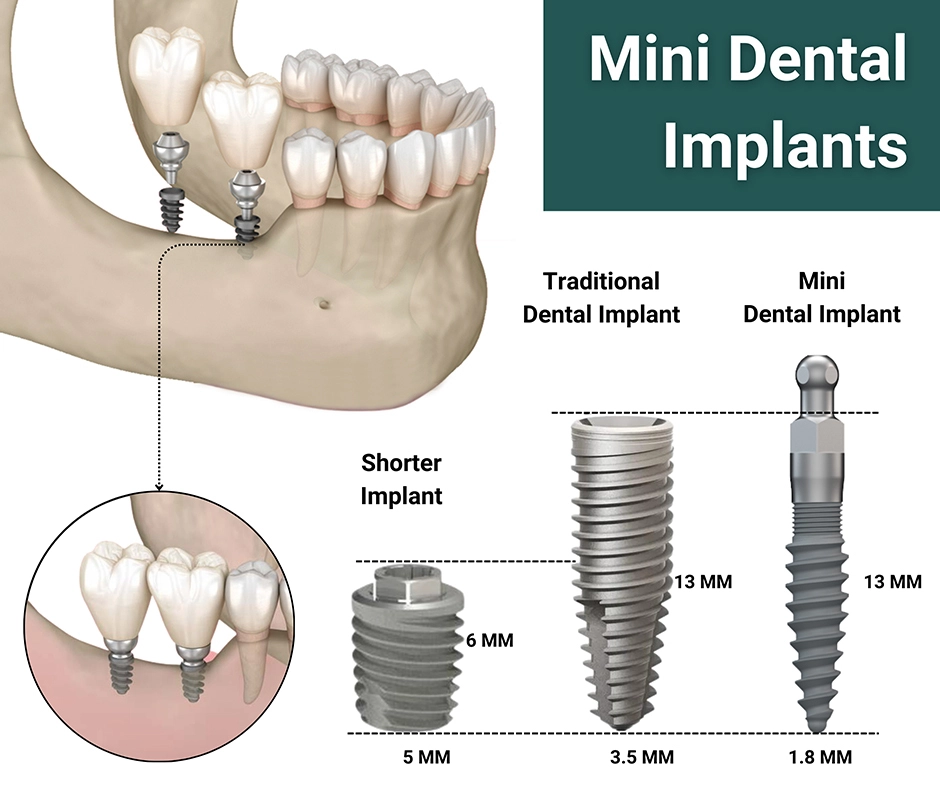
Explore our gallery of real patient transformations and see the stunning results for yourself.
The cost of mini dental implants is significantly lower than traditional implants, and having the procedure in Turkey provides even greater savings. The mini dental implants prices Antalya are among the most competitive globally.
Below is a general price comparison for a single mini dental implant.
| Procedure Type | Dentalays / Antalya, Turkey (Estimate) | UK / Europe / USA (Estimate) |
|---|---|---|
| Single Mini Implant | €300 - €650 | €1,500 - €3,000+ |
| Denture Stabilisation (e.g., 4 mini implants) | €1,200 - €2,600 | €6,000 - €12,000+ |
Please note: These are estimated starting prices. The final cost depends on the number of implants required and the type of restoration (e.g., denture stabilization). For a precise, all-inclusive quote, we invite you to get a free, personalized consultation from our team in Antalya.
We use globally recognized implant brands to ensure the best outcomes for your dental health. With leading systems like Straumann, Medentika, and Neodent, we provide long-lasting, functional, and aesthetic results.
Straumann offers advanced technology and titanium-based implants, Medentika ensures durability and compatibility, while Neodent provides high-performance, cost-effective solutions. With these trusted brands, we deliver reliable and successful implant treatments.
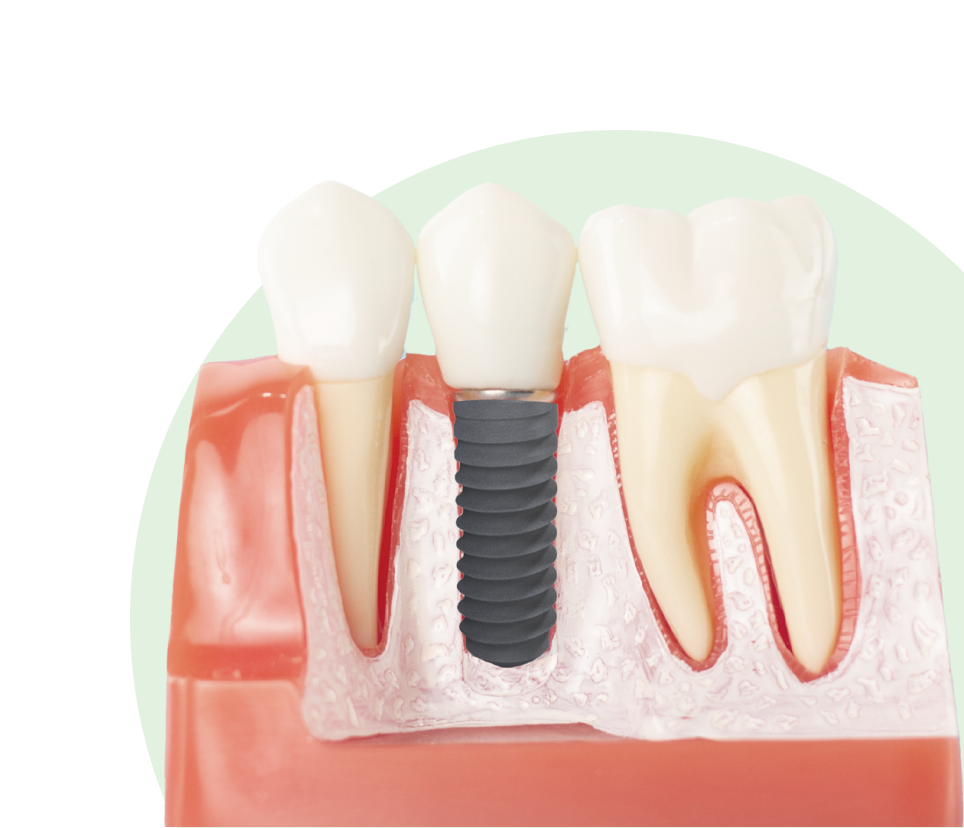
Mini dental implants (MDIs) are exactly what their name suggests: smaller versions of traditional dental implants. Key characteristics include:
Understanding the differences is crucial for choosing the right treatment (mini dental implants vs traditional implants).
| Feature | Mini Dental Implants | Traditional Dental Implants |
|---|---|---|
| Size (Diameter) | < 3mm | 3.5mm - 6mm+ |
| Structure | Usually one-piece | Usually two-piece |
| Surgery | Less invasive, often flapless, faster | More involved surgery, often requires flap |
| Bone Required | Can be used in narrower/less dense bone | Requires adequate bone volume/density (or graft) |
| Strength | Lower load capacity | High load capacity, very strong |
| Primary Use | Stabilizing dentures, replacing small teeth | Replacing single teeth, bridges, full arches |
| Longevity | Generally considered shorter-term (5-10+ yrs) | Considered a lifelong solution (20+ yrs) |
| Cost | More affordable | Higher initial investment |
The procedure for placing mini dental implants is known for being quick and minimally invasive.
Consultation & Scan: A thorough examination and usually a 3D CBCT scan are performed to assess bone quality and plan the precise location for the mini implants.
Anesthesia: Simple local anesthesia is typically sufficient to numb the area completely.
Placement: The dentist makes very small pilot holes through the gum tissue directly into the bone. The mini implants are then gently threaded into place. Often, no stitches are needed.
Immediate Loading (Often for Dentures): In many cases, especially for denture stabilization, the denture can be modified and snapped onto the mini implants during the same appointment.
Recovery: Discomfort is usually minimal, often manageable with over-the-counter pain relief for a day or two.
It's essential to understand both the benefits and the disadvantages of mini dental implants.
| Pros | Cons |
|---|---|
| Less Invasive Surgery: Often placed without cutting the gums or needing stitches. | Lower Strength: Cannot withstand the same biting forces as traditional implants; less suitable for molars or replacing multiple large teeth with a fixed bridge. |
| Faster Procedure & Healing: The surgery is quicker, and recovery time is significantly reduced. | Potentially Shorter Lifespan: Due to their smaller size and one-piece design, they may not last as long as traditional implants (how long do mini dental implants last is variable). |
| Lower Cost: Material and surgical costs are lower than traditional implants. | Limited Use Cases: Primarily indicated for denture stabilization or very small teeth in low-stress areas. Not ideal for most single-tooth replacements or fixed bridges. |
| Option for Less Bone: Can sometimes be placed where bone volume is insufficient for standard implants, potentially avoiding bone grafting. | Harder to Restore if Crown Breaks: The one-piece design can make replacing a damaged crown more complex. |
| Immediate Denture Stability: Can often provide instant improvement in denture retention. |
Mini dental implants are an excellent option for specific situations:
Choosing the right type of implant is crucial. At Dentalays in Antalya:
The average cost per mini implant in Antalya typically ranges from €300 to €650, which is significantly lower than the €1,500+ often charged in the UK or USA. Packages for denture stabilization (e.g., using 4 mini implants) start around €1,200.
While traditional implants are considered a lifelong solution (20+ years), mini implants generally have a shorter expected lifespan, often estimated between 5-10+ years, although longevity varies greatly depending on usage and patient factors.
No, the procedure is minimally invasive and performed under local anesthesia. Most patients report very little discomfort afterwards, often less than a standard tooth extraction.
Generally, no. Mini implants typically lack the strength and stability required to support a full fixed bridge replacing all upper or lower teeth. Their primary indication for full mouth mini dental implants is to stabilize a removable denture, not support a fixed bridge.
The main disadvantages are their lower strength compared to traditional implants (making them unsuitable for high-stress areas like molars), a potentially shorter lifespan, and more limited applications (primarily for denture stabilization).
In dentistry, high-resolution photographs are taken to evaluate the patient’s existing tooth structure and facial aesthetics. These photos are used to document and analyze the condition, color, and shape of the teeth and their harmony with the patient’s face.
Why is it important? Professional photographs help dentists and lab technicians plan the restoration process and achieve ideal aesthetic results.

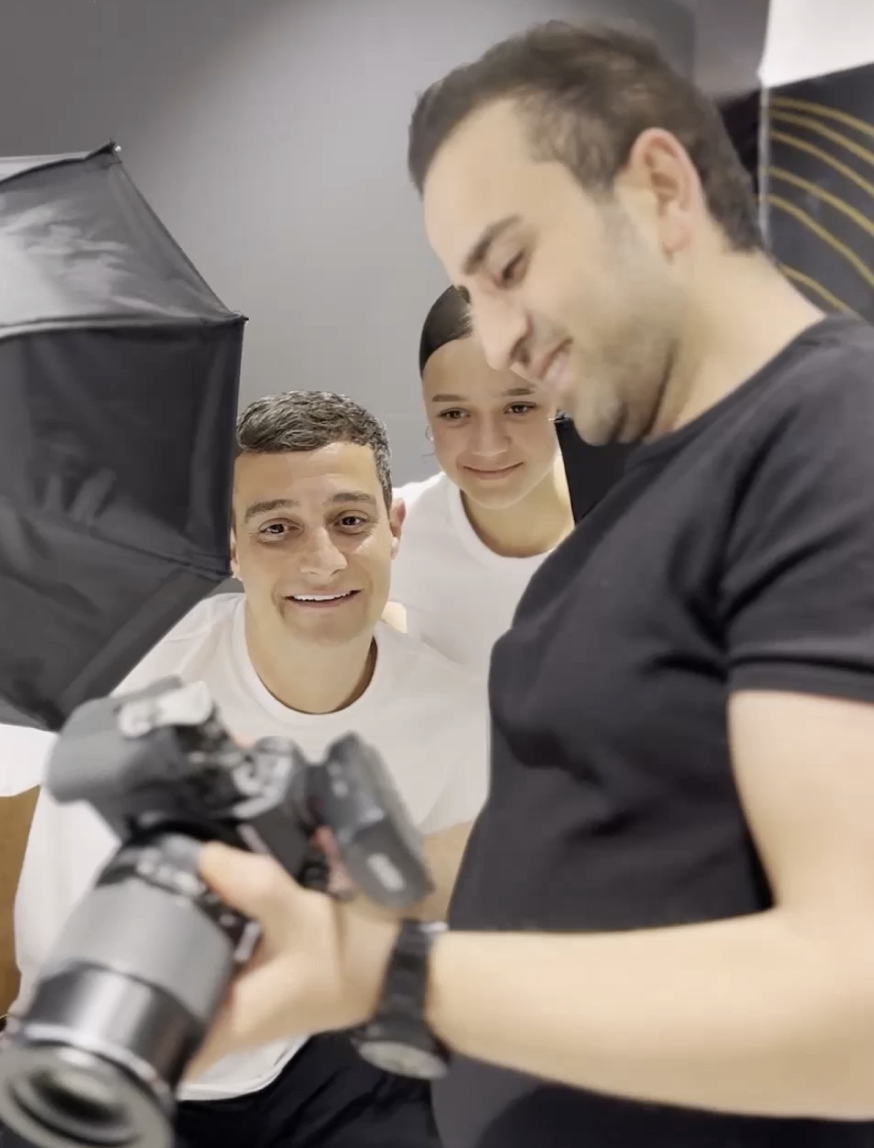

5D scanning technology allows for highly precise digital scanning of teeth and oral structures. This technology goes beyond traditional 3D scans by capturing additional information such as color, texture, and movement.
Why is it important? 5D scanning enables the creation of detailed digital models of teeth, allowing for more accurate and personalized restorations. This accelerates the treatment process and provides a more comfortable experience for the patient.
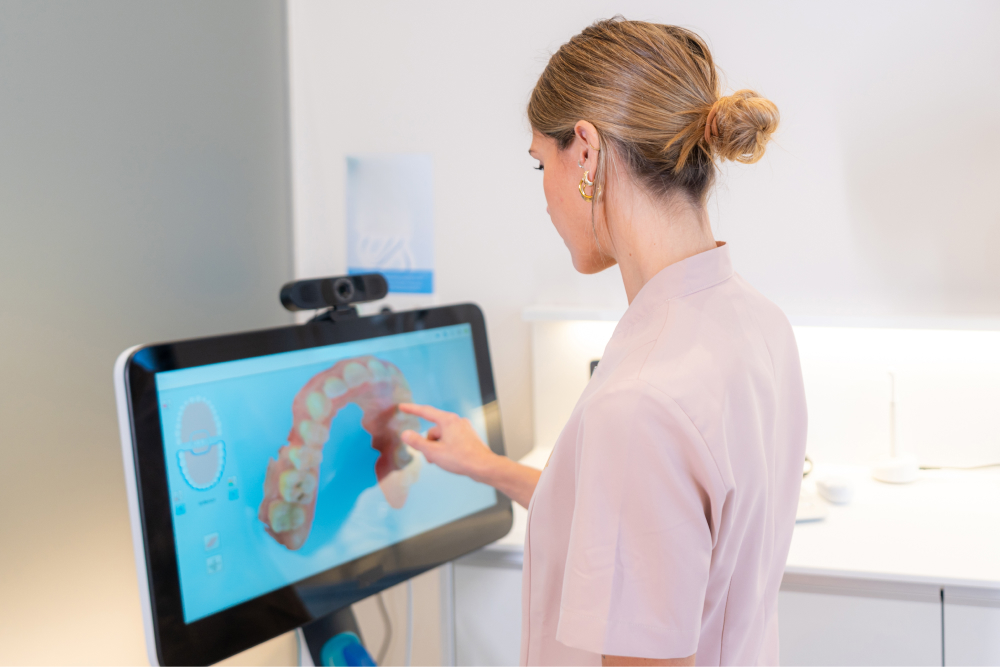
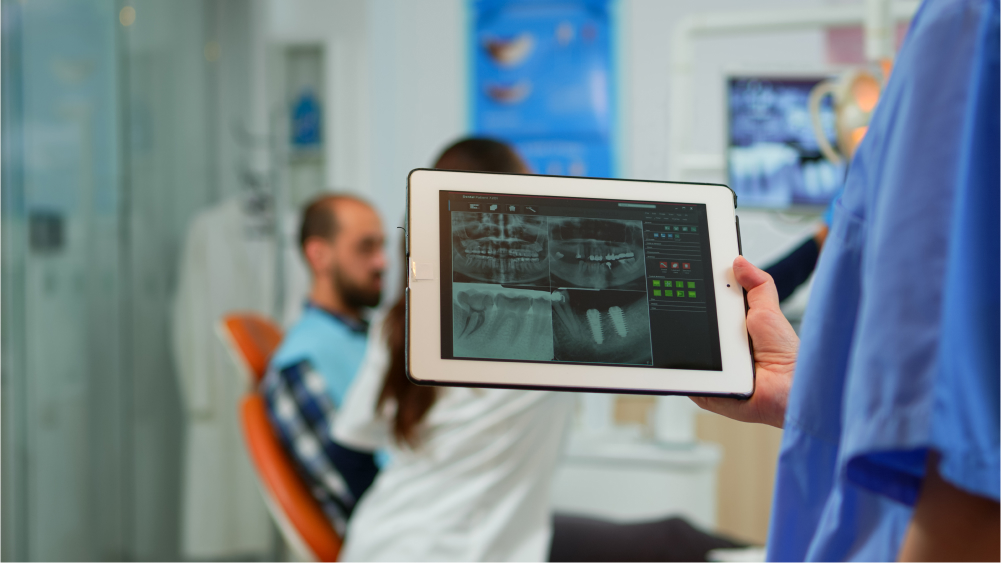
Special dental burs are used for shaping teeth with minimal preparation and for the precise placement of restorations. These burs are high-precision and sharp instruments.

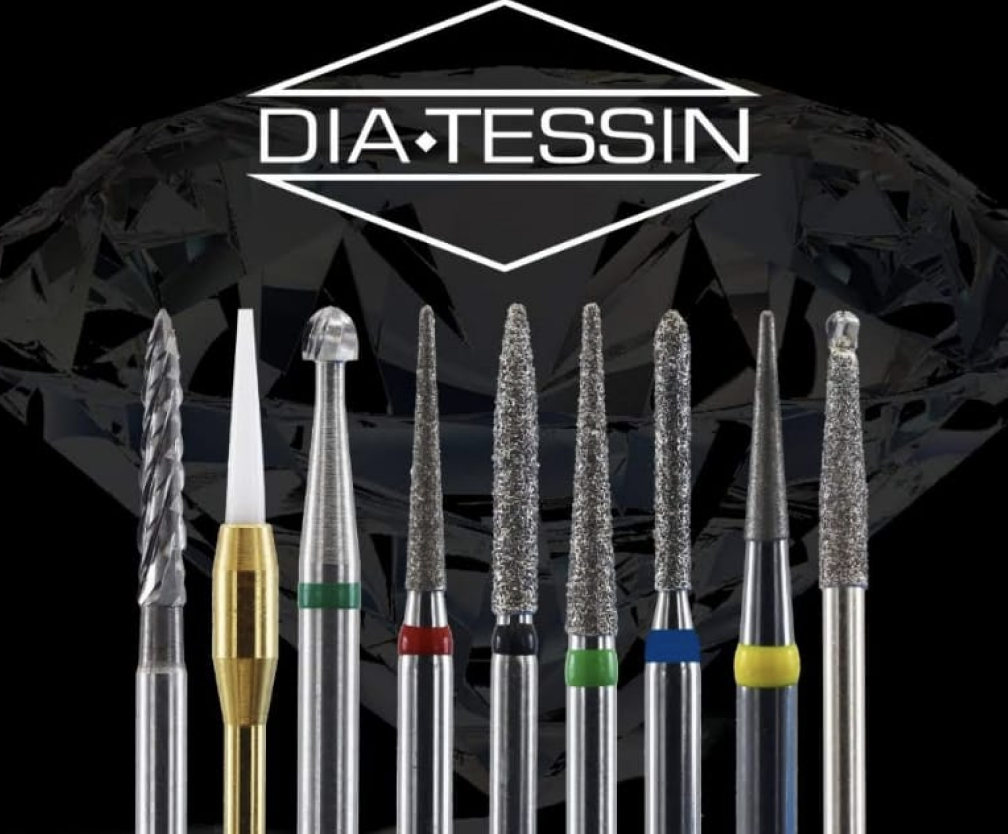
Dental laboratories equipped with advanced technology play a key role in the production of restorations. These labs use CAD/CAM systems, high-precision manufacturing devices, and biocompatible materials.




Enjoy a comfortable and engaging experience with amenities designed for relaxation, entertainment, and convenience.
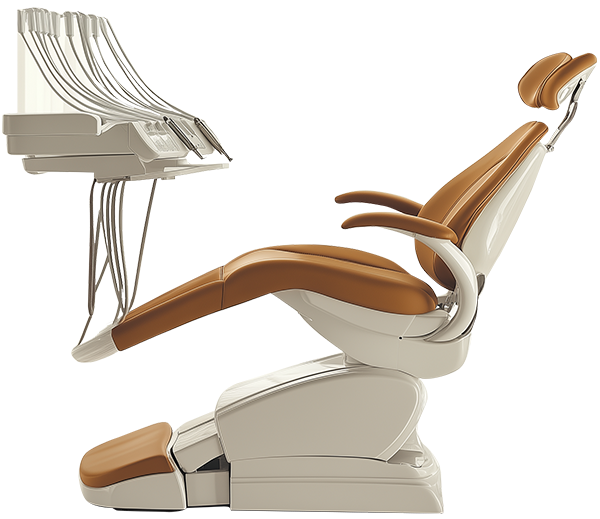
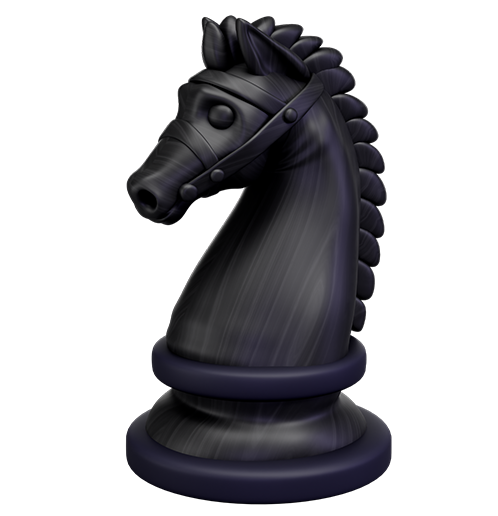


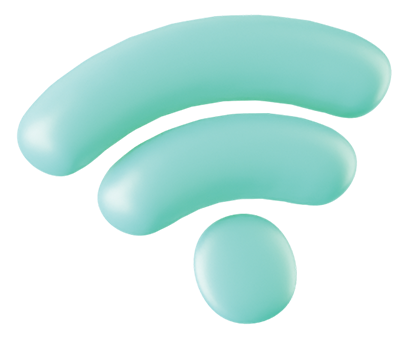
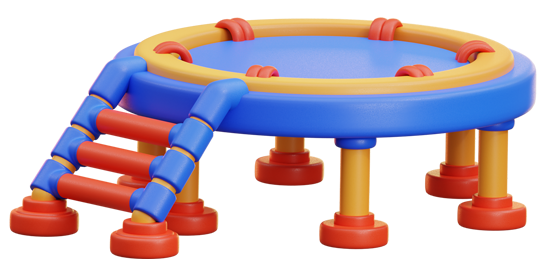

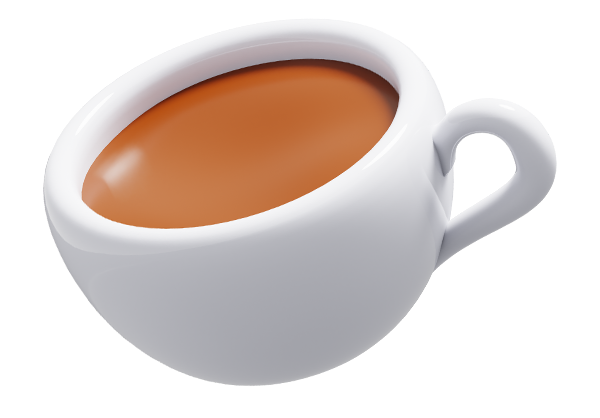
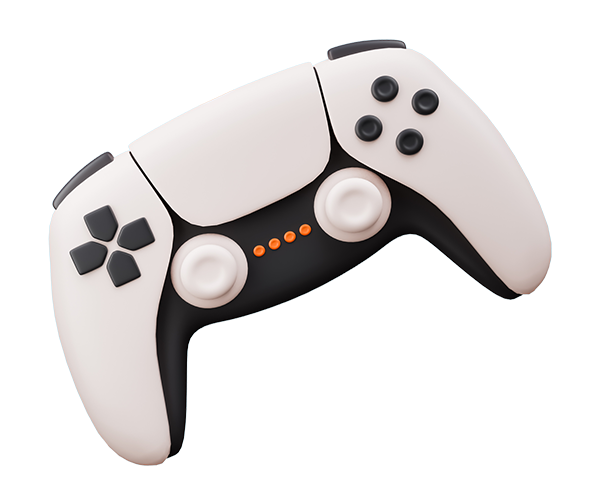
Real experiences from our international patients who chose Dentalays for their treatment.
"Stabilized my loose denture instantly." "My lower denture was always floating around. These mini implants snapped it into place immediately. It’s a simple solution that made a huge difference."
– Brian J. | New York, USA | ✅ Verified Patient: Mini Implants
"Less invasive, great result." "I couldn't afford full standard implants. The mini implants were a budget-friendly alternative that worked wonders for retention."
– Karen P. | Cardiff, UK | ✅ Verified Patient: Mini Implants
Real experiences, real smile
